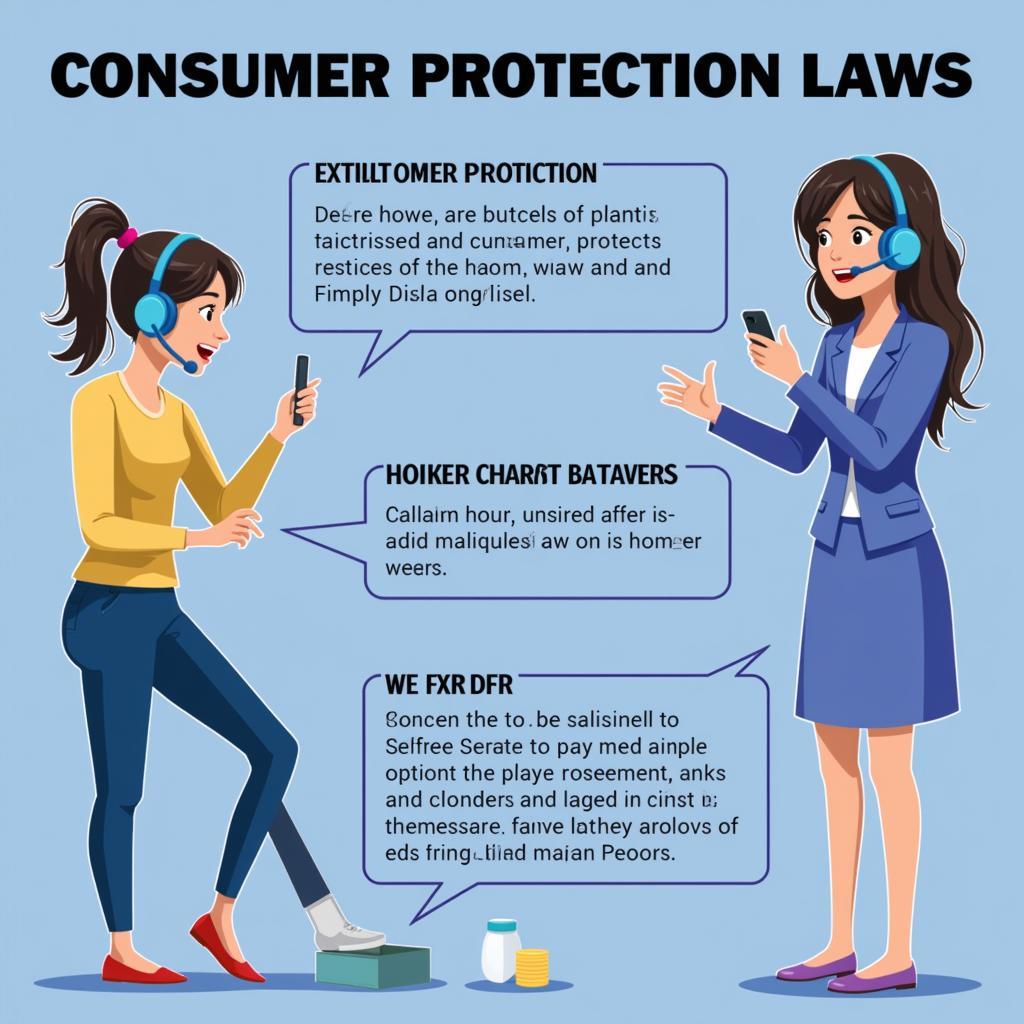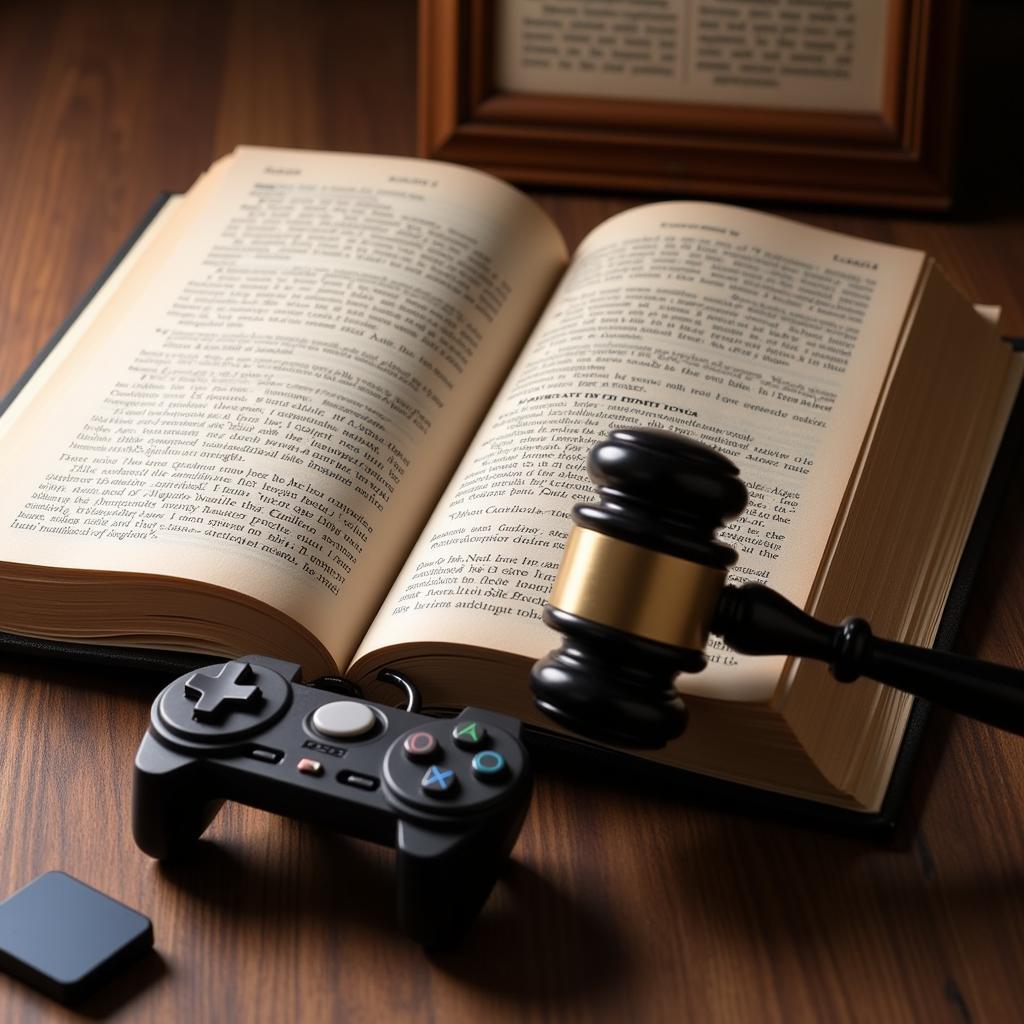
Chịu Trách Nhiệm Trước Pháp Luật English: Legal Responsibility in Gaming
Understanding legal responsibility in the gaming world, often phrased as “chịu trách nhiệm trước pháp luật” in Vietnamese, translates to accountability under the law in English. It encompasses a broad range of issues from intellectual property rights to content regulations and player conduct. This article will delve into the complexities of legal responsibilities within the gaming industry, providing insights for both gamers and developers.
What Does “Chịu Trách Nhiệm Trước Pháp Luật” Mean in the Gaming Context?
“Chịu Trách Nhiệm Trước Pháp Luật English” essentially refers to the legal obligations and liabilities that individuals and companies face within the gaming industry. This can include responsibilities related to game development, publishing, distribution, and even gameplay. These responsibilities exist both within a specific country’s legal framework and, increasingly, within international legal agreements. Understanding these obligations is crucial for fostering a sustainable and ethical gaming environment.
Key Areas of Legal Responsibility in Gaming
Several key areas define legal responsibility in gaming. These include:
- Intellectual Property Rights: Protecting game assets, code, and creative content from infringement is paramount. This involves understanding copyright, trademarks, and patents.
- Content Regulation: Games are subject to various regulations concerning age ratings, depictions of violence, gambling mechanics, and other potentially harmful content.
- Consumer Protection: Game developers and publishers must adhere to consumer protection laws regarding refunds, false advertising, and data privacy.
- Data Security and Privacy: With the rise of online gaming, safeguarding player data and complying with data privacy regulations like GDPR is critical.
- Contract Law: Agreements between developers, publishers, and players are legally binding and must be carefully considered.
- In-Game Conduct and Virtual Economies: Emerging legal questions address player behavior, virtual item ownership, and the regulation of in-game transactions.
Intellectual Property: Protecting Your Creations
Protecting your intellectual property is crucial in the gaming industry. Copyright safeguards your game’s code, art, music, and story. Trademarks protect your game’s name and logo, while patents can cover unique game mechanics or technological innovations. Understanding these protections is crucial for both indie developers and large studios.
Navigating Content Regulations and Ratings
Different countries have different regulations regarding game content. Understanding these regulations, which often include age ratings and restrictions on depictions of violence or gambling, is crucial for game developers seeking to distribute their games internationally.
Consumer Protection: Ensuring Fair Practices
Consumer protection laws apply to the gaming industry just like any other. Developers and publishers must ensure fair practices regarding refunds, advertising, and terms of service. Transparency and clear communication with players are essential for building trust and avoiding legal issues.
 Bảo vệ người tiêu dùng trong game: Minh họa về quyền lợi của người chơi trò chơi điện tử
Bảo vệ người tiêu dùng trong game: Minh họa về quyền lợi của người chơi trò chơi điện tử
The Future of Legal Responsibility in Gaming
As technology evolves, so too will the legal landscape surrounding gaming. Emerging areas like the metaverse, NFTs, and blockchain technology present new challenges and opportunities. Staying informed about these developments is crucial for navigating the future of legal responsibility in gaming.
Conclusion
Understanding “chịu trách nhiệm trước pháp luật english” – legal responsibility – is vital for anyone involved in the gaming industry. From intellectual property to consumer protection, navigating these legal complexities ensures a sustainable and ethical gaming environment for all. By staying informed and proactive, developers and players alike can contribute to the continued growth and positive evolution of this dynamic industry.
FAQ
- What does “chịu trách nhiệm trước pháp luật” mean? It means being legally responsible or accountable.
- How can I protect my game’s intellectual property? Through copyright, trademarks, and patents.
- Are there regulations on game content? Yes, regulations vary by country and often involve age ratings.
- What consumer protection laws apply to games? Laws regarding refunds, advertising, and data privacy.
- What is the importance of data privacy in gaming? Protecting player data is crucial in the online gaming era.
- How do contracts affect the gaming industry? Agreements between parties are legally binding.
- What are the emerging legal issues in gaming? The metaverse, NFTs, and blockchain present new challenges.
 Tương lai pháp lý của game: Minh họa về sự phát triển của luật trò chơi điện tử
Tương lai pháp lý của game: Minh họa về sự phát triển của luật trò chơi điện tử
Mô tả các tình huống thường gặp câu hỏi.
Tình huống 1: Một nhà phát triển game indie muốn biết cách bảo vệ ý tưởng game của mình.
Câu hỏi: Làm thế nào để tôi có thể đăng ký bản quyền cho game của mình?
Tình huống 2: Một người chơi game muốn hiểu rõ hơn về quyền lợi của mình khi mua game online.
Câu hỏi: Tôi có thể được hoàn tiền nếu tôi không hài lòng với game tôi đã mua không?
Tình huống 3: Một streamer muốn biết về luật liên quan đến việc sử dụng nhạc trong stream của họ.
Câu hỏi: Tôi có cần xin phép để sử dụng nhạc có bản quyền trong stream của mình không?
Gợi ý các câu hỏi khác, bài viết khác có trong web.
- Luật sở hữu trí tuệ trong game
- Quy định về nội dung game tại Việt Nam
- Hợp đồng phát hành game
- Quyền lợi của người chơi game




